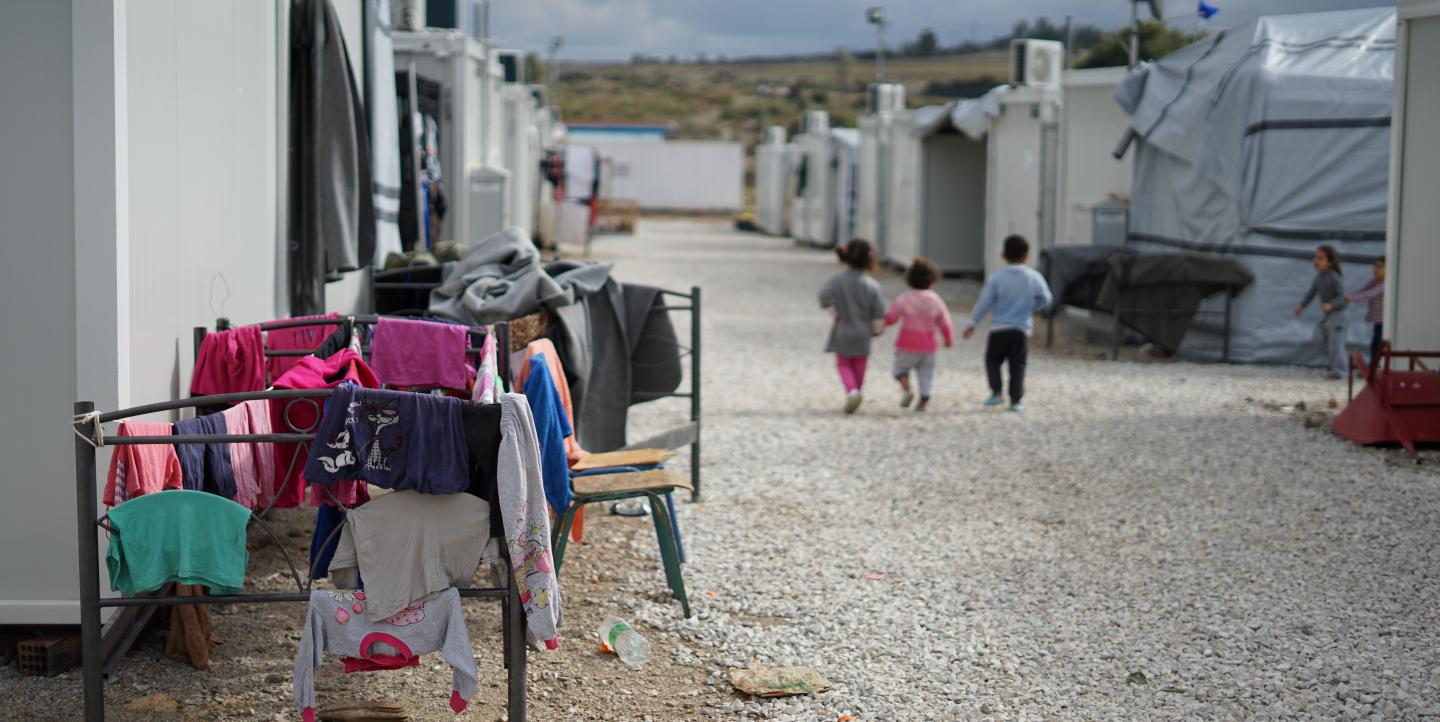Turkey has become home to an unprecedented influx of refugees from Syria since the start of the Syrian civil war a decade ago. As Syrian refugees have become a major topic for Turkish media, several events have also shaken press freedom in the country.
While local and foreign journalists have attempted to fill gaps in the coverage of Syrian refugees in Turkey, displaced communities on the ground continue to suffer from a domestic news cycle that is at best patronizing, and at worst overtly racist towards refugees.
Mainstream coverage of Syrian refugees
The July 15 coup attempt against the Turkish government, which occurred a year after the 2015 height of the Syrian refugee crisis, led to a purge of outlets openly critical of President Erdogan’s government. Pro-government mainstream media outlets have since formed an editorial stance that largely echoes the ruling AKP party’s policies and rhetoric regarding Syrian refugees.
In 2019, investigative reporters Funda Cantek and Cavidan Soykan examined the pro-government outlets’ initial embrace of Syrian refugees in contrast to the opposition’s populist attacks against these policies, often in the form of disinformation demonizing Syrians. Until the EU-Turkey deal, which sought to often forcefully stem the flow of refugees into Europe — and has nevertheless failed to prevent thousands from being trapped in overcrowded camps in Greece — Turkey’s policy offered asylum to victims of war and displacement in Syria.
At the same time, critics of Erdogan’s government became more anti-refugee, with their voices only increasing in volume. Pro-government mainstream media also subjected Syrian refugees to accusations of gaming the system, Cantek and Soykan reported. “Likewise, the media depicts refugee children as beggars, ramblers involved in crime, selling paper tissues and sufferers,” they wrote.
“The major polarization is not only a threat to media freedom, but also when it comes to covering all social problems in the current context,” said journalist Erol Onderoglu, who was jailed in 2016 for supporting the banned Kurdish newspaper Ozgur Gundem.
For example, in a study for Ankara University’s Social Sciences Institute that surveyed Turkish newspapers representing a range of political views, including Hurriyet, Sabah, Cumhuriyet and Yenicag, researchers Tugba Asrak Hasdemir and Selcuk Cetin concluded that Turkey’s current mainstream media do not provide sufficient public understanding or formal recognition of Syrian refugees’ rights.
Reporting on threats to refugees
Syrian refugees are on the frontlines of bloody and politicized socioeconomic confrontations, according to Muhammed Siddik Yasar, a Kurdish citizen of Turkey who started a first-responders’ refugee rights group called Tarlabasi Solidarity.
“Since the issue of Syrian refugees is a serious source of income for the media and the most sought after news item, there is serious interest in this field [and] there are media structures that handle this [both] positively and negatively,” Yasar said. "Journalism about Syrians is one of the most abusive contexts in the field, because these situations are not under [the refugee’s] control," he added of the treatment of refugees by some journalists.
Some kinds of reporting can even put refugees in danger, especially around politically charged topics such as elections. “Refugees are constantly in trouble ahead of elections as a result of failed administrative programs, in which Syrians and other refugees are an easy target, resulting in murder, ignorance and hatred,” said Yasar.
However, journalism can still have positive impacts on refugees. When 35 refugees were recently stuck along the Turkish-Greek border — an event that tragically saw the death of a five-year-old girl — reporting on the situation helped bring the refugees to safety, explained Gozde Cagri Ozkose, an editor of English content at the pro-Kurdish news source Mezopotamya Agency.
“Turkey was pushing [refugees] back to Greece while Greece did not allow humanitarian workers to reach them,” she said. “It was only as a result of journalists covering their plight that the refugees were brought to a camp in Greece."
Sultan al-Kanj, an Arabic-speaking Syrian reporter, stressed the difficulties journalists face when covering refugee issues in the country. “It is not possible for journalists in Turkey to approach detained refugees. In all places of detention prior to deportation, Turkish authorities prevent the press from talking to the deportees or photographing them,” said al-Kanj. “Balanced reports can be made by taking account of Syrian lawyers who follow refugee issues, and through some Turkish journalists close to the government.”
The role of independent media
While Turkish media is caught between pro and anti-government platforms, with Syrian refugees in the middle, smaller organizations in the country are attempting to build better journalism that ethically covers refugees.
Global response from think tanks and NGOs, like the Washington D.C.-based, nonprofit HasNa, have scrutinized the international media landscape and every act of populist politicization that exploits and denigrates Syrian refugees in Turkey. In 2020, HasNa launched the Turkey Refugee Response Initiative and implemented two projects, including one called Media in Tandem, which helps address misinformation surrounding refugees and build peace journalism training in Turkish and Syrian communities.
“Media in Tandem aimed to address the widespread misinformation about refugee communities in mainstream Turkish media and provide peace journalism training to journalists from both Turkish and Syrian communities in the Gaziantep province of Turkey,” said HasNa president Rukmini Banerjee.
“One of the expected outcomes of Media in Tandem is to encourage young Syrian and Turkish journalists to work together to fully understand each other's perspectives and tell each other's story from a place of empathy and authenticity, without an agenda,” Banerjee explained.
Nevertheless, as the 2023 Turkish general elections approach, a state of increasing animosity continues to grow toward Syrian refugees in Turkey. Despite the work of journalists attempting to better cover refugees, between Turkey’s mainstream media environment, popular prejudices toward Arab people and a government culture that fears accountability and redirects blame for its policies, there is little indication that coverage will improve.
Photo by Julie Ricard on Unsplash.


